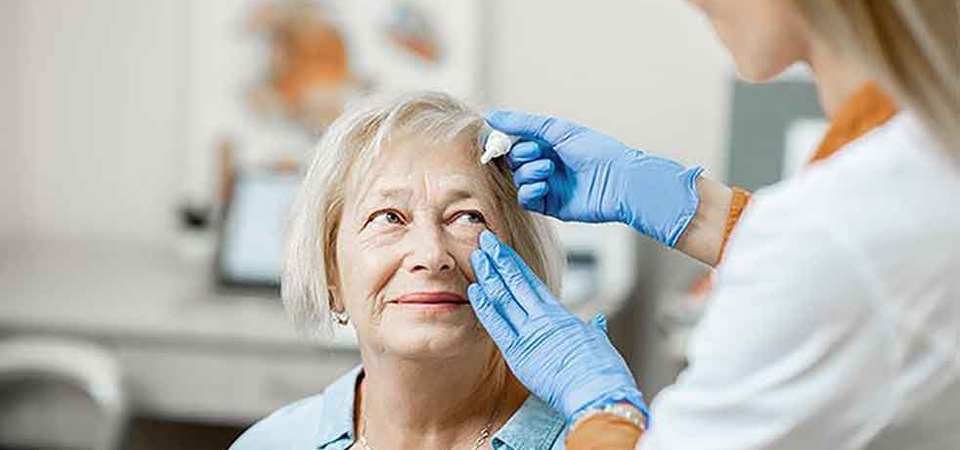Doctors suggest eye checkup for diabetic patients

By A Staff Reporter
Kathmandu, Nov. 26: Uncontrolled diabetes is associated with Diabetic Retinopathy (DR), a complication that affects eyesight leading to blindness.
People having symptoms of blurred vision are unable to see the fine details of an object may have diabetes and are at high risk of developing DR.
According to the World Health Organisation (WHO), globally, 3.9 million people suffer from moderate or severe distance vision impairment or blindness due to DR.
It has been estimated that one million of the total population is suffering from diabetes in Nepal. According to Dr. Raba Thapa, a Retina Specialist at Tilganga Institute of Ophthalmology, diabetes patients have twice more ocular problems as compared to other people and have 25 times more chance of developing blindness.
Diabetes is increasing as an epidemic, around 19 per cent (people above the age of 40 years) in the urban population and 2.5 per cent in the rural population, according to Nepal Diabetes Association.
According to Dr. Thapa, 20-25 per cent of the diabetic patients have DR in Nepal. Almost 50 per cent of the patients never examine their retina despite being diabetic for more than 10 years, added Dr. Thapa.
“So, we advise diabetic patients for their retinal screening every year to keep eye health intact.”
Though diabetic retinopathy is asymptomatic until late stage, doctor recommended for visiting a retina specialist immediately if people have symptoms including blurred, fuzzy, or distorted vision, impaired colour vision, fluctuation of blood sugar, straight lines that appear wavy or crooked and difficulty seeing at a distance.
In order to prevent and delay the onset and progression of diabetic retinopathy, one must control blood sugar, avoid smoking, maintain healthy diet, exercise regularly, if diabetes is diagnosed earlier examine eye routinely, said Dr. Thapa.
People can stay away from eye complications by ensuring regular eye check-ups and consistent diabetes management, added Dr. Thapa.
Recent News

Do not make expressions casting dout on election: EC
14 Apr, 2022
CM Bhatta says may New Year 2079 BS inspire positive thinking
14 Apr, 2022
Three new cases, 44 recoveries in 24 hours
14 Apr, 2022
689 climbers of 84 teams so far acquire permits for climbing various peaks this spring season
14 Apr, 2022
How the rising cost of living crisis is impacting Nepal
14 Apr, 2022
US military confirms an interstellar meteor collided with Earth
14 Apr, 2022
Valneva Covid vaccine approved for use in UK
14 Apr, 2022
Chair Prachanda highlights need of unity among Maoist, Communist forces
14 Apr, 2022
Ranbir Kapoor and Alia Bhatt: Bollywood toasts star couple on wedding
14 Apr, 2022
President Bhandari confers decorations (Photo Feature)
14 Apr, 2022











